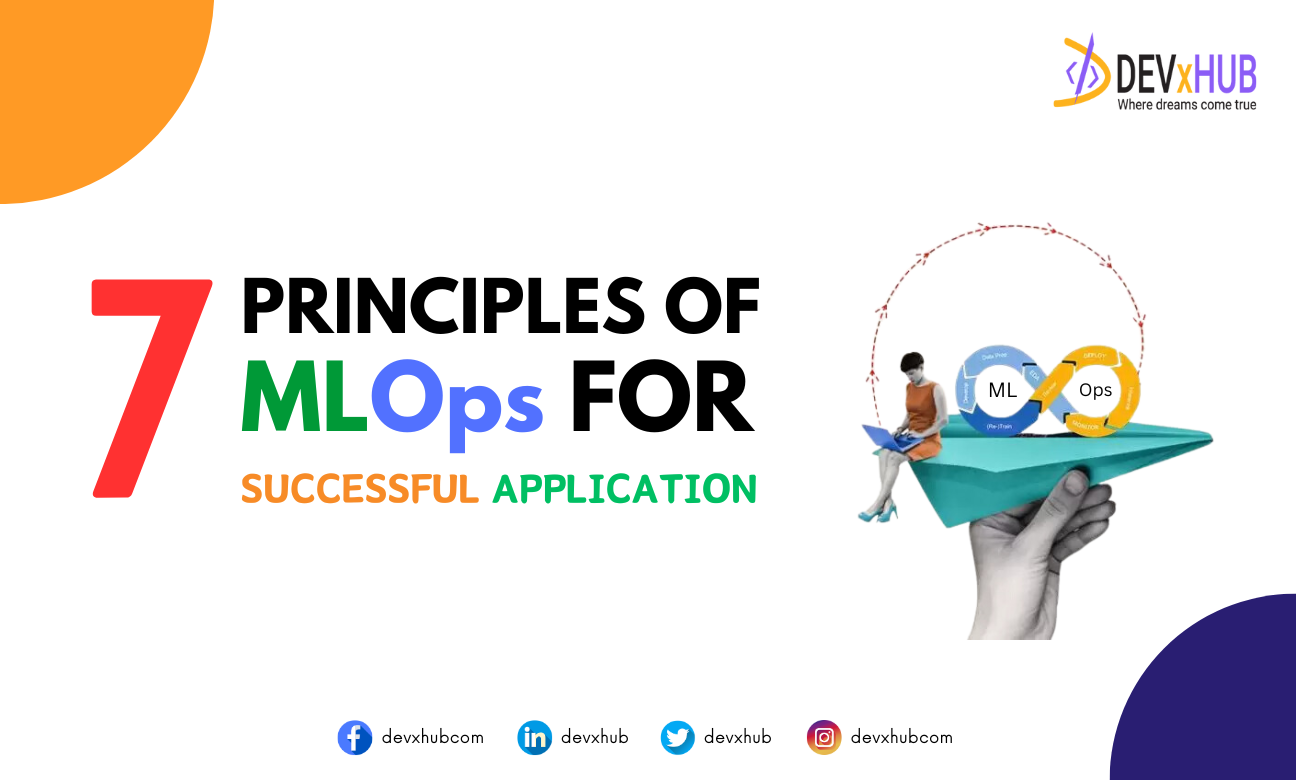Development teams around the globe are keenly focused on refining their processes to enhance reliability, efficiency, innovation, and cost-effectiveness. With the prevailing emphasis on technology, it’s natural that many are turning to machine learning (ML) and artificial intelligence (AI) for solutions.
MLOps, short for Machine Learning Operations, plays a pivotal role in this shift, allowing developers to fully utilize ML across the development lifecycle—from initial data handling to deployment and ongoing enhancement. This integration is sparking significant growth in the global MLOps market, which is projected to expand by over 40% annually, reaching upwards of $13 billion by 2030.
MLOps has become essential for organizations struggling to seamlessly incorporate ML into their operations. This article delves into how MLOps functions in real-world scenarios and the extensive benefits it offers beyond mere development processes.
Understanding MLOps
MLOps merges ML models with DevOps, aiming to streamline and elevate development workflows through comprehensive strategies for constructing, deploying, and refining ML models.
Core Principles of MLOps
When implemented effectively, MLOps enriches every facet of the development pipeline. From data management at the outset, through orchestration mid-cycle, to continuous training and feedback, MLOps is integral throughout.
At Ciklum, we enhance MLOps by integrating cloud infrastructure with bespoke software components, maximizing platform capabilities while meeting unique client needs through custom solutions. This approach leverages the power and scalability of the cloud, enhancing ML workflows with a dynamic response to unique challenges, which transcends traditional DevOps methods.
Key Areas Influenced by MLOps
Collaboration and Integration
MLOps fosters a collaborative environment where ML and engineering teams alongside other stakeholders converge to set objectives and metrics. This integration is crucial for constructing a reliable, secure, and purpose-fit ML architecture.
Testing and Adaptation
ML demands a broad and intelligent testing approach to cover diverse scenarios, ensuring robust development and reliable outcomes. Continuous testing and adaptation are paramount in MLOps for maintaining the efficacy of ML applications.
Version Control
The unpredictable nature of ML applications necessitates sophisticated version control systems to manage changes and troubleshoot issues effectively, ensuring stability and performance over time.
Monitoring and Review
Constant monitoring of ML models helps maintain alignment with business goals, ensuring performance metrics like throughput and error rates are within acceptable ranges. MLOps facilitates these reviews, allowing for timely adjustments through retraining.
Automation
Automating data handling, model training, and code deployment reduces error rates and enhances process efficiency. MLOps aims for full automation of ML deployment into core systems, minimizing manual interventions.
Scalability and Resource Management
MLOps supports the scalability of machine learning models by efficiently managing computational resources. It enables dynamic resource allocation, optimizing the use of infrastructure based on the current needs of ML workloads. This approach not only improves model performance but also reduces operational costs by avoiding over-provisioning.
Compliance and Security
In MLOps, adherence to regulatory compliance and ensuring data security are critical considerations. It incorporates security protocols into the development lifecycle of ML models, such as data encryption, access controls, and audit trails. This helps in safeguarding sensitive information and maintaining compliance with data protection laws, building trust and legal conformity.
Benefits of MLOps
Organizations employing MLOps enjoy enhanced focus on data and model behavior, leading to smoother processes with fewer disruptions. Improved testing, stringent governance, extensive automation, and rapid innovation are some of the key advantages. Moreover, MLOps enhances organizational productivity by optimizing the deployment rate of ML models, freeing up valuable human resources for critical tasks.
Conclusion
MLOps is more than advanced tools; it’s a strategic approach that must be correctly implemented to reap maximum benefits in terms of efficiency and innovation. With over a decade of experience, Ciklum is adept at integrating MLOps into diverse business environments, customizing solutions to meet specific operational goals, whether in cloud, on-premise, or mobile-based settings.
5.0
Unlock your new development team today.
If you have a hard time finding the right development team or software solutions
Book a free call
